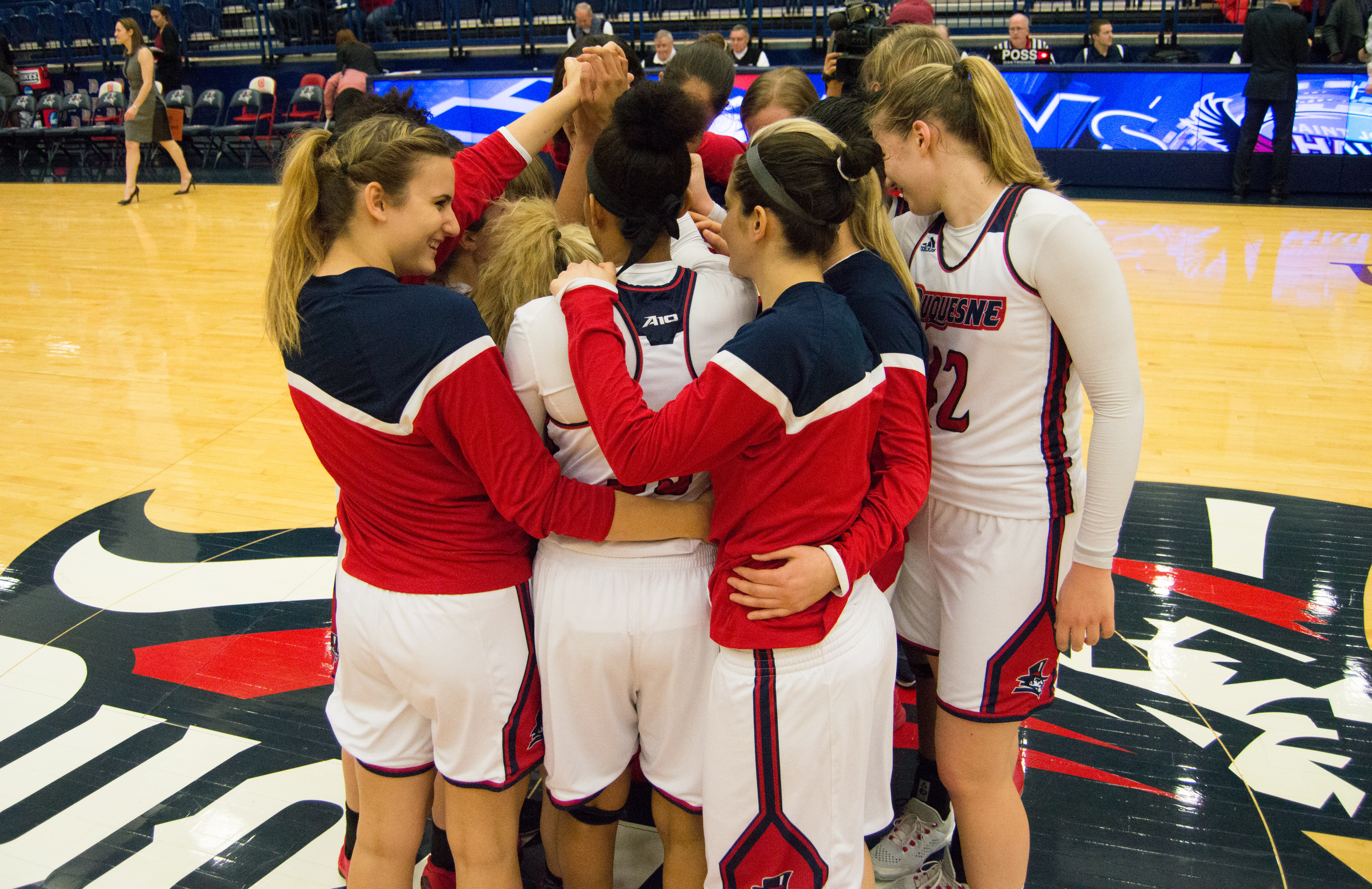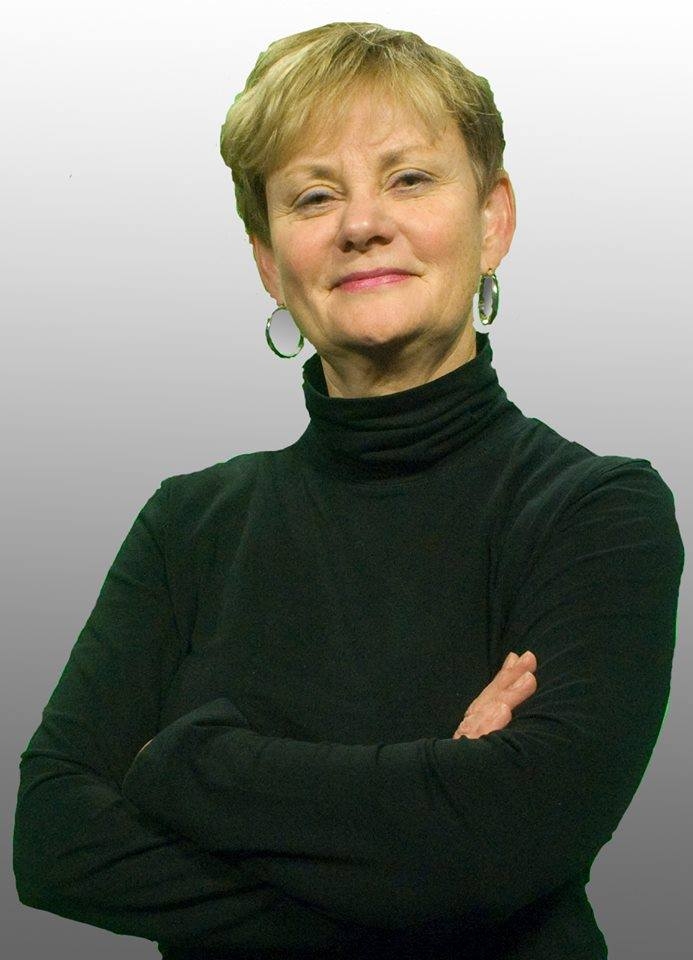By Jen Cardone | The Duquesne Duke
The Small Business Development Center received a $50,000 grant for funding to provide aid to young and startup businesses on Sept. 4.
Duquesne’s Neo Lab: Fast Track to Inclusiveness was one of 50 winners selected from 800 proposals. The money will go toward providing aid to Hispanic and disadvantaged owners of businesses that are less than three years old, with a potential to grow.
Brent Rondon, manager of the global business programs at the SBDC, will head up the project.
“There is nothing in the region focusing on Hispanic [businesses],” Rondon said.
Rondon said the Hispanic population has grown more than 60 percent in southwestern Pennsylvania from 2000 to 2010.
He said he believes Duquesne has the resources to provide aid to Hispanic startup businesses.
“Duquesne has people who speak Spanish, experienced business consultants and people with international businesses backgrounds, so we are uniquely qualified to serve these people,” Rondon said.
The new Hispanic accelerator program is a two-year plan to provide training programs at a low fee for disadvantaged Hispanic business owners and work with supporting organizations. They will offer sustenance for networking events or have expertise on setting up an office, tax credit or banking.
“When companies come in we can easily pull these expertise organizations so the companies can develop quicker,” Rondon said.
Some of the supporting organizations are Urban Innovation 21, UPMC Health Plan, Rivers Casino, Mayor Bill Peduto’s Welcome to Pittsburgh Initiative and the PNC Hispanic Outreach Program.
The accelerator program aims to help small businesses connect with professional business advisors and lawyers, capital sources and certification agencies.
Ten to 15 entrepreneurs will be chosen for the program, with approximately half of them being technology-based companies. They will go through a screening and assessment process to see where they are, what their experience has been and if they are a fit for the accelerator.
If selected, the companies can attend courses and work with the larger companies to educate the small companies in business tactics. Companies will start to go through the screening process in October, and Rodon is hopeful they will be selected by January.
The grant will be used to fund this process and to build a special room in the business school in the SBDC center to include computers and a conference area.
Duquesne’s SBDC mission is to help businesses get started and to help existing ones grow. They do it with a group of professional consultants who work in the center and help people in the community, even students and faculty.
Within the next two to three years, SBDC director Mary McKinney said she “would like to see it be a stable program part of Duquesne University and the business community.”
Rondon and McKinney will work together with business consultant Gonzalo Manchego and international relations major Megan Thompson.
Thompson speaks Spanish and will support the accelerator program.
“My position would be to both help to reach out to the student body using different marketing strategies and to promote the Hispanic accelerator program,” Thompson said.




